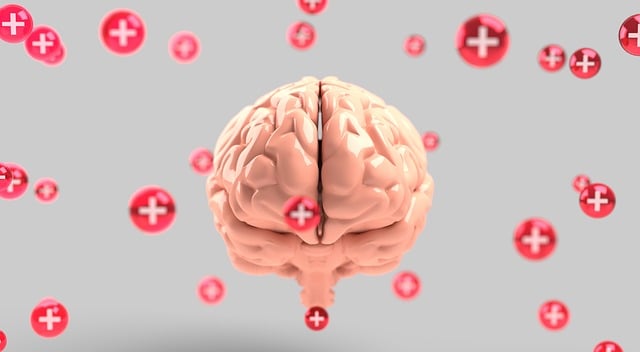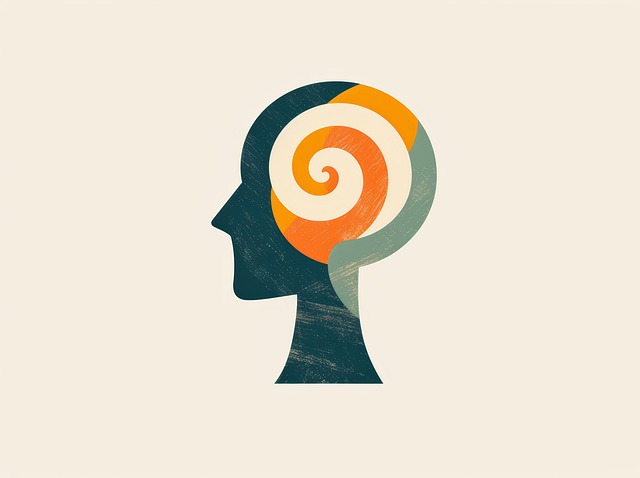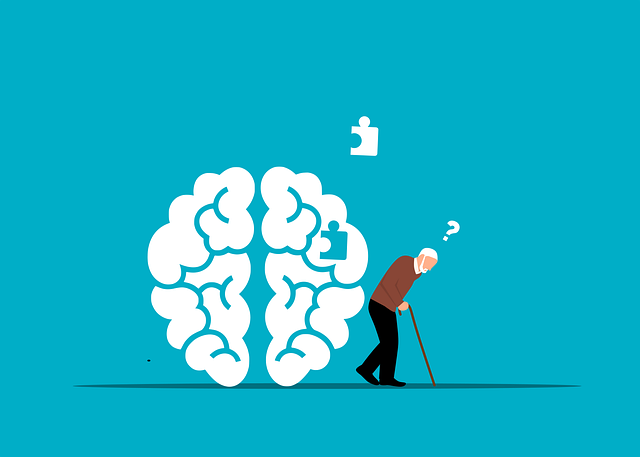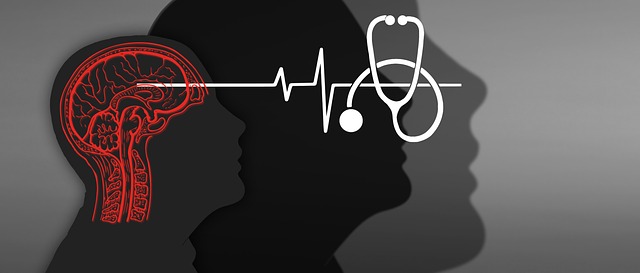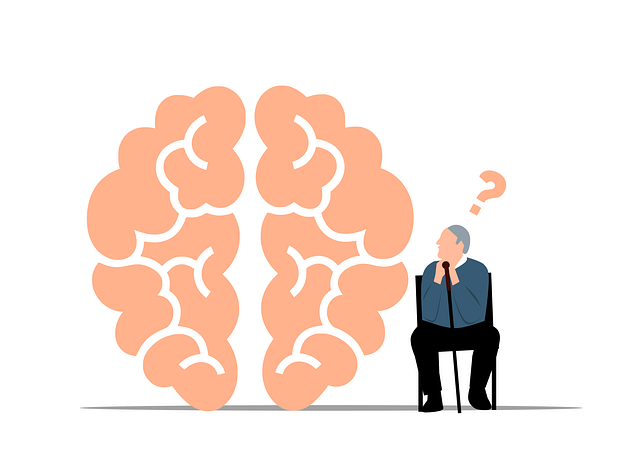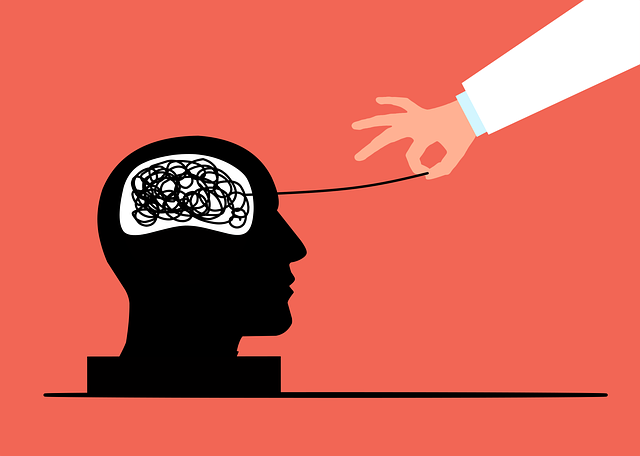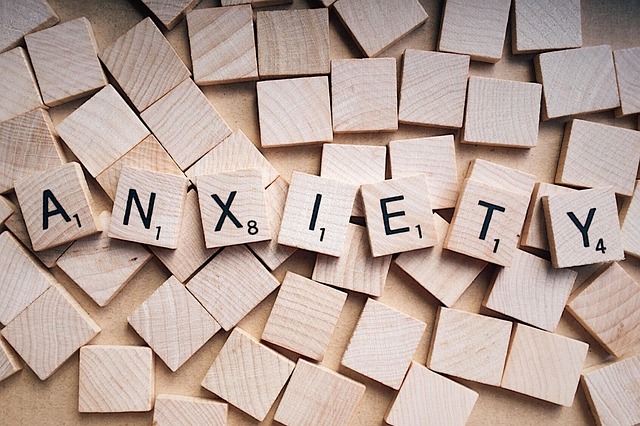Media portrayals significantly shape public understanding of mental illness, often adhering to simplistic stereotypes. Organizations like Lafayette International Adoptions Therapy advocate for authentic storytelling to challenge these narratives and reduce stigma. Through diverse representations, they promote empathy, educate on depression prevention, and offer insights into various mental health conditions. By collaborating with professionals, media can dispel stereotypes, normalize self-care and therapy, and inspire compassion, ultimately promoting mental wellness for all.
In today’s media landscape, the representation of mental illness plays a pivotal role in shaping public perception. This article delves into the profound impact of media portrayals on mental health awareness, offering a case study with Lafayette International Adoptions Therapy as an example of positive representation. We explore strategies to enhance mental illness depiction in popular culture and emphasize the crucial collaboration between media and mental health professionals for fostering change. By challenging stereotypes, we aim to revolutionize how society understands and supports individuals facing mental health challenges.
- Understanding the Impact of Media Portrayals on Mental Health Perception
- Lafayette International Adoptions Therapy: A Case for Positive Representation
- Strategies to Enhance Mental Illness Portrayal in Popular Culture
- Fostering Change: Collaboration Between Media and Mental Health Professionals
Understanding the Impact of Media Portrayals on Mental Health Perception

Media portrayals of mental illness can significantly shape public perceptions and attitudes towards people living with various conditions. Often, these representations fall into simplistic or stereotypical categories, failing to capture the nuanced experiences of individuals. Such depictions in movies, television shows, and news media can either foster understanding and empathy or perpetuate harmful misconceptions. For instance, a well-crafted narrative in a popular series that humanizes a character struggling with anxiety can encourage viewers to approach mental health issues with openness and compassion. Conversely, inaccurate or insensitive media coverage may lead to stigma, discrimination, and even self-stigma among those affected.
At Lafayette International Adoptions Therapy, we emphasize the importance of accurate representation in media as a crucial step towards fostering empathy-building strategies and improving communication about mental health. By promoting authentic and diverse portrayals, we aim to challenge traditional narratives that contribute to the marginalization of individuals with mental illnesses. Furthermore, educating both content creators and audiences on depression prevention and early intervention techniques can help identify signs and offer support, ultimately reducing the stigma associated with seeking therapy or treatment.
Lafayette International Adoptions Therapy: A Case for Positive Representation

Lafayette International Adoptions Therapy stands as a beacon of positive representation in media, challenging conventional narratives around mental illness. By showcasing diverse individuals navigating their mental health journeys with resilience and hope, this initiative fosters understanding and empathy among viewers. In an era where burnout prevention strategies for healthcare providers are crucial, Lafayette International Adoptions Therapy offers valuable Crisis Intervention Guidance, providing insights into the nuances of various mental health conditions.
This approach is vital in reducing the stigma associated with mental illness, a barrier that often prevents individuals from seeking necessary support. Through compelling stories and authentic portrayals, it encourages open conversations about mental wellness, reflecting the efforts towards Mental Illness Stigma Reduction Efforts on a global scale. By presenting hope and healing as attainable, this therapy program inspires viewers to be more compassionate and informed about mental health issues.
Strategies to Enhance Mental Illness Portrayal in Popular Culture

The media plays a pivotal role in shaping societal perceptions about mental health. To challenge stigmatization and promote understanding, it’s essential to implement strategic changes in how mental illness is represented. By integrating authentic narratives that reflect the complexities of various conditions, popular culture can foster empathy and reduce fear. Shows, movies, and literature should showcase not just the struggles but also the resilience and recovery paths, providing a more nuanced view that goes beyond cliches.
For instance, Lafayette International Adoptions Therapy highlights the importance of cultural sensitivity and specialized care in addressing mental health issues. This approach encourages diverse representations that resonate with various audiences. Moreover, incorporating characters who practice self-care, engage in therapy, and cultivate confidence-boosting activities can normalize these behaviors. These strategies not only enhance the accuracy of mental illness portrayal but also support emotional healing processes by presenting relatable models for coping and recovery.
Fostering Change: Collaboration Between Media and Mental Health Professionals

In fostering positive change regarding mental illness representation, collaboration between media and mental health professionals is paramount. By joining forces, these entities can work together to dispel stereotypes, provide accurate portrayals, and promote understanding. Mental Wellness Coaching Programs Development, based on core Mind Over Matter Principles, can empower individuals within the industry to navigate complex narratives responsibly. This collaborative approach ensures that media content not only entertains but also educates, contributing to a more empathetic society where mental health is prioritised.
Lafayette International Adoptions Therapy serves as a beacon of hope in this context, demonstrating how partnerships between experts and media can revolutionize portrayals of mental illness. Through their combined efforts, they challenge normative narratives, encourage open conversations, and ultimately, promote Mental Wellness for all.
In navigating the intricate relationship between media portrayals and mental health perception, it’s evident that initiatives like Lafayette International Adoptions Therapy play a pivotal role in fostering positive change. By advocating for accurate and empathetic representation of mental illness, we can create a more inclusive and understanding society. Through collaborative efforts involving media professionals and mental health experts, as discussed in this article, we can challenge stereotypes, enhance awareness, and ultimately improve support systems for those grappling with these conditions. These strategies are essential steps towards a more enlightened and supportive global community.


